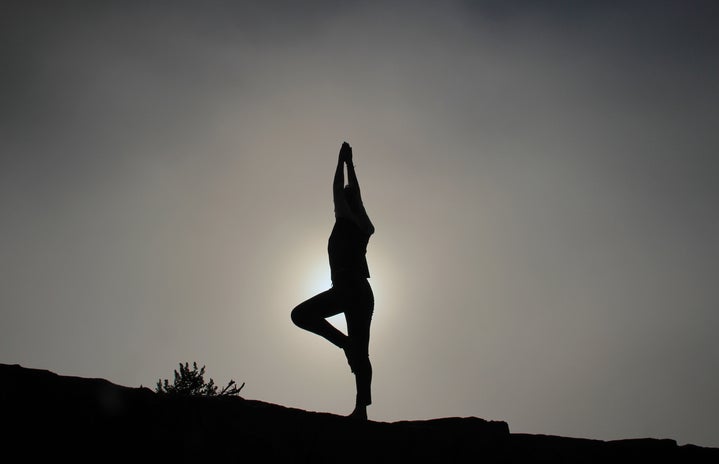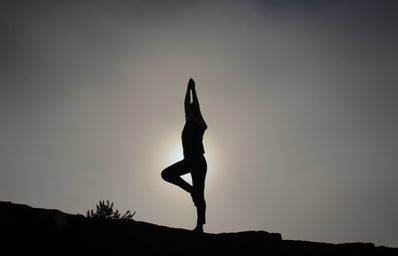According to the National Sleep Foundation, sleep hygiene is defined as different practices and habits necessary for good nighttime sleep quality and full alertness during the day.
Recently, I learned about sleep hygiene and why it’s important. Having good sleep hygiene is important for both physical and mental health. It can improve your productivity and quality of life.
Photo by Lauren Kay on Unsplash
Here are five ways to help you get healthier sleep:
1. Avoid things like snacks and stimulants close to bedtime.
Don’t consume stimulants like caffeine or sugar too close to bedtime. That’ll make it harder to fall asleep because your mind and body are being told to stay awake. More than once I’ve had a cup of green tea late at night to push through that final assignment only to be unable to fall asleep soon after.
I’ve also been a victim of late-night snacking. The key is planning ahead. I’m working on judging during the day if I have to stay up later than normal. If I have a long night ahead, I’ll try to eat dinner around 7 or 8 pm, rather than 5 or 6 p.m. That way, I have enough energy to make it through the evening and don’t feel tempted to snack.
2. Spend the right amount of time asleep.
It’s important to get the right amount of sleep each night, not too little or too excessive. Getting 5 or 6 hours of sleep each night isn’t enough. Although it may feel good to “catch up on sleep” on the weekends when we can, sleeping for 11 or 12 hours isn’t good for our bodies either. That throws off our sleeping schedule even more. The Sleep Foundation recommends 7 – 9 hours of sleep each night for young adults.
Photo by Tamar Waskey on Unsplash
3. Turn off your cell phone at least 30 minutes before getting into bed.
Try not to use your phone or computer before going to bed to give your brain some time to slow down and relax.
The light from our electronic devices interferes with our natural sleep/wake cycle known as our circadian rhythm. Specifically, this light is called blue light. Our brains get confused by this blue light because it mimics the brightness of the sun. This causes us to stop producing melatonin, which is the hormone that tells our bodies that it’s time to sleep. Not only does smartphone light make it harder to fall asleep, but it can also make it harder to stay asleep.
The iPhone has a feature called Night Shift and users can choose what time in the evening they want the mode to start. When it begins, the phone automatically adjusts the display so the screen gives off a warmer light.
However, it’s important to note that using features like Night Shift doesn’t mean that we’ll never be affected by smartphone light in the evening. In a 2017 study, researchers at the Lighting Research Center (LRC) had young adult view iPads for two hours on four separate nights with different experimental conditions. They found that melatonin levels decreased by 12% when users used Night Shift and low brightness, in comparison to 19% while using Night Shift and high brightness and 23% while using regular settings (no Night Shift). The main takeaway was that even reducing melatonin levels by 12%, when using both Night Shift and low brightness could be enough to disrupt your sleep schedule.
Photo by Logan Nolin on Unsplash
4. Use your bed for sleeping.
Getting into the habit of only using your bed for sleeping will help train your body and mind to get ready to sleep every time you get into bed. Try to play games, watch TV, eat, or do anything else you need to do in your waking hours at your desk or on the couch. If you do those things in your bed, then you actually want to go to sleep, your brain will tell you that you still have to be awake.
5. If you don’t fall asleep after 20 minutes, get out of bed.
This is my favorite tip. If you’ve been lying in bed for a while, unsuccessfully trying to fall asleep, get up and walk around your room. You can also do a few stretches or yoga poses. This is a great way to reset and try to relax again.

